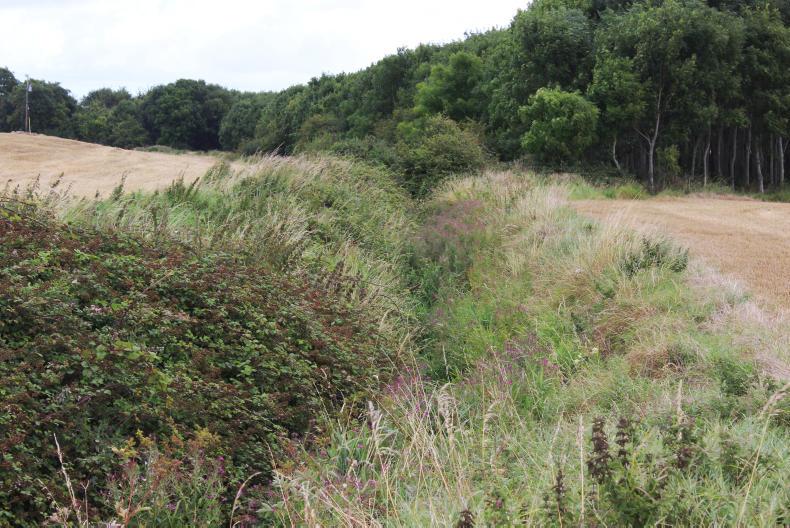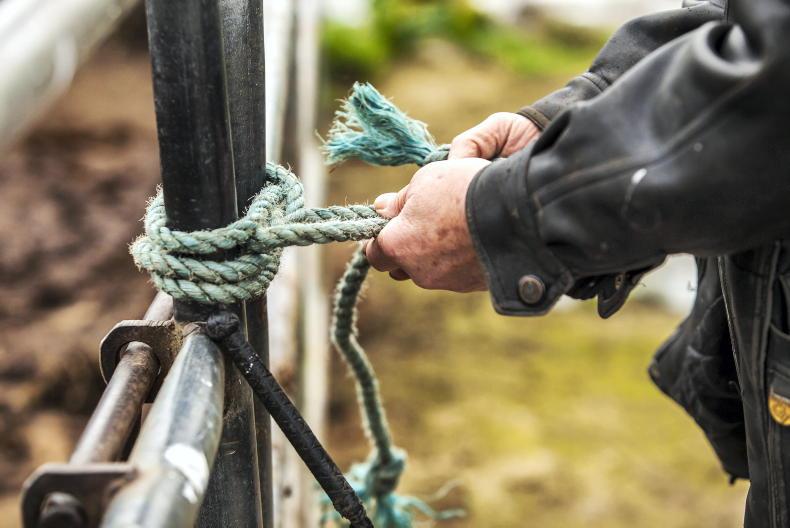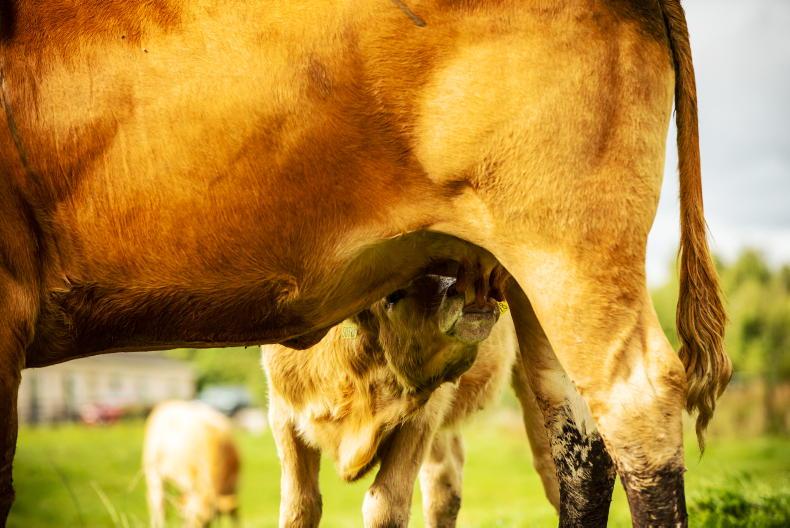Measures in the Common Agricultural Policy (CAP) are resulting in an annual reduction of 3.5% in greenhouse gas emissions from agriculture, a recent study by by Alliance Environment on behalf of the European Commission has found.
The report, published on Monday 27 May, analysed the relevance, effectiveness, efficiency and coherence of the climate action of certain key CAP measures.
Grassland
The maintenance of permanent grassland and ecological focus areas (EFAs) were found to be decreasing agricultural emissions by 2% on an annual basis. Farmers must carry out these measures to secure 30% of their direct payments.
Rural development programmes, such as GLAS, were shown to reduce emissions by 1.5% on an annual basis.
Voluntary coupled supports, which are supports linked to production for sectors undergoing difficulties, showed more contrasting results.
Schemes linked to the production of livestock were found to lead to a net increase in emissions, however, the amount was unquantifiable. Those linked to protein crops were found to reduce emissions.
Currently, Ireland only implements a coupled support for protein crops, although there have been calls for a coupled support to be introduced for suckler cows.
Ambition
Commenting on the report European Commissioner for Agriculture Phil Hogan said: “The agriculture sector and rural areas are among the most vulnerable to the effects of climate change. It is our duty to ensure that our farmers get rewarded for the work they do and to offer them the right tools to face the effects of climate change.
“As highlighted by this study, more needs to be done and fast. This is why our proposals for the post-2020 Common Agricultural Policy set higher environmental and climate ambitions, necessary to respond to this challenge.”
CAP introduced climate action as one of its general objectives in 2013.
Read more
Hogan: farmers will be rewarded for their climate action in CAP
‘We’re going to have to change Irish farming’ – Green leader
Measures in the Common Agricultural Policy (CAP) are resulting in an annual reduction of 3.5% in greenhouse gas emissions from agriculture, a recent study by by Alliance Environment on behalf of the European Commission has found.
The report, published on Monday 27 May, analysed the relevance, effectiveness, efficiency and coherence of the climate action of certain key CAP measures.
Grassland
The maintenance of permanent grassland and ecological focus areas (EFAs) were found to be decreasing agricultural emissions by 2% on an annual basis. Farmers must carry out these measures to secure 30% of their direct payments.
Rural development programmes, such as GLAS, were shown to reduce emissions by 1.5% on an annual basis.
Voluntary coupled supports, which are supports linked to production for sectors undergoing difficulties, showed more contrasting results.
Schemes linked to the production of livestock were found to lead to a net increase in emissions, however, the amount was unquantifiable. Those linked to protein crops were found to reduce emissions.
Currently, Ireland only implements a coupled support for protein crops, although there have been calls for a coupled support to be introduced for suckler cows.
Ambition
Commenting on the report European Commissioner for Agriculture Phil Hogan said: “The agriculture sector and rural areas are among the most vulnerable to the effects of climate change. It is our duty to ensure that our farmers get rewarded for the work they do and to offer them the right tools to face the effects of climate change.
“As highlighted by this study, more needs to be done and fast. This is why our proposals for the post-2020 Common Agricultural Policy set higher environmental and climate ambitions, necessary to respond to this challenge.”
CAP introduced climate action as one of its general objectives in 2013.
Read more
Hogan: farmers will be rewarded for their climate action in CAP
‘We’re going to have to change Irish farming’ – Green leader










SHARING OPTIONS